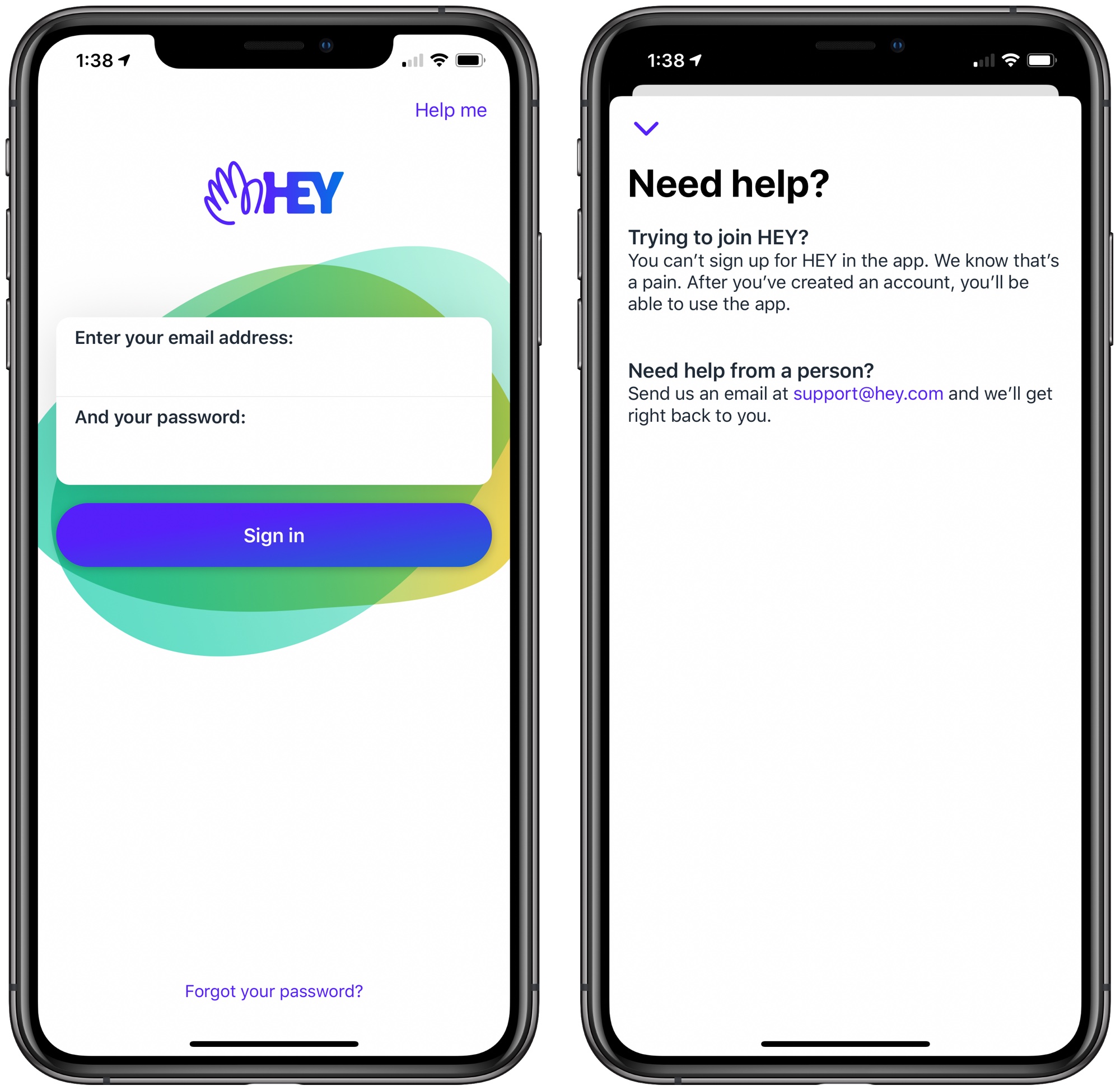Yes, I understand your point as explained here. The earlier analogy made it sound like a bait and switch. I guess on a smaller scale, this is the same thing as, say, Microsoft Office being one price, whether you want one of the apps or all of them (or use other included services like OneDrive). Would it be nice if they offered people just Word for $15/year vs having to pay for the whole suite for $70/year? Yes, but that's probably never going to happen.
I'm sure that would be nice...but using that concept, why aren't the EU stepping in to tell all satellite/cable TV companies to un-bundle channels and offer everything a la carte?
There are plenty of examples of tech (and other companies) bundling things without giving the customer (Devs in the example we are talking about here) the option to have a true a la carte package...but no EU intervention and no internet outrage! Well...maybe some internet outrage...but no EU for sure...
[automerge]1592413317[/automerge]
That's fair, but the difference I see is that I can use a Google Doc or Pages or LibreOffice, and on and on, in place of Office if I don't like Microsoft's price. If I don't like Apple's price, I have no other options for selling my app to iOS users. And yes, there's Android, but that does nothing to address the massive chunk of users I'd miss out on by not having an iOS option.
Respectfully, how is what you are saying any different to saying "I like Ferraris...but if I don't like their price I have no option for buying one and getting hot chicks. And yes, there's (INSERT BRAND HERE) but that does nothing to address the massive chunk of hot chicks I'd miss out on by not driving a Ferrari!"???
I get your point, but it's a "Pay to Play" market. I wish I could get my business services in front of big international clients to expand and grow my business. I could probably do that if I paid an agency five figures. I don't have five figures to do that so I do what I can myself. I can't say that it's unfair that the agency wanted me to pay XXX amount to have access to the market I wanted. They have the connections...they have built up their business reputation...I have to pay if I want to access that and the benefits it brings. Is it overpriced? Depends...if it increases my turnover by more than what it costs me...then no, it's not overpriced...it's absolutely worth it! Especially if they do it on a commission basis...literally what is there to lose?
A long time ago, and in a different life, I had a manager/agent representing me and he took 20% commission on all my work. When I was starting out he was crucial in building my profile and getting me more established. He earned every bit of that 20%. Later, when all he really did was answer the phone, take a booking and invoice me, you could argue "Is that really worth 20%?" And my answer would be yes, absolutely, because it was his groundwork that built my reputation to the point where people where calling HIM to book me...so the fact that he had it easier later on was relevant to me. He took his 20%, and I still earned a good wage, a wage I wouldn't have earned without him laying the foundations for my success...
Last edited:



